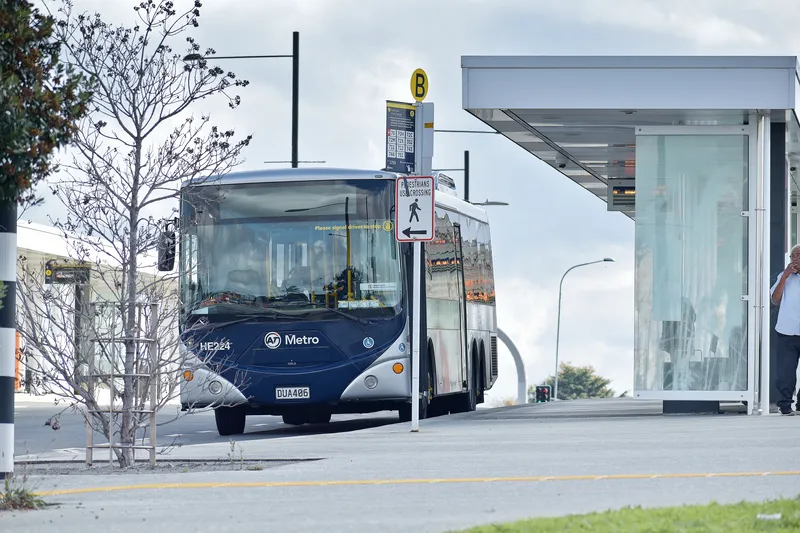More than US$13.44 million funding will be spent by train companies to boost passenger information at stations across the UK. The funding will pay for a national roll-out to link customer information screens at stations to the latest live real time train information data, fed from a database developed and maintained by train companies. The upgrade will be rolled out in around 2,000 National Rail stations. The first stations will be switched on in summer 2014 and the whole project is anticipated to be comp
January 3, 2013
Read time: 2 mins
More than US$13.44 million funding will be spent by train companies to boost passenger information at stations across the UK.
The funding will pay for a national roll-out to link customer information screens at stations to the latest live real time train information data, fed from a database developed and maintained by train companies. The upgrade will be rolled out in around 2,000 National Rail stations. The first stations will be switched on in summer 2014 and the whole project is anticipated to be complete in 2015.
The scheme follows successful trials at seventeen stations managed by Virgin Trains along the West Coast Main Line and across all the stations operated by Chiltern Railways. The funding is provided through the National Stations Improvement Programme (NSIP) and the data will feed through from National Rail Enquiries (NRE).
Alec McTavish, NSIP lead for the Association of Train Operating Companies (1998 ATOC) said: “This funding is good news for passengers as it means every National Rail station with a customer information screen will be using the most up-to date ‘live’ train running information.
“With train travel more popular now than it has been for 90 years and over 1.4 billion trips made last year, operators know that passengers want the most up to-date information about their journey.
“Significant amounts of time and money have been invested in providing better, more consistent information for passengers. But we know that we can always improve, which is why operators are working with the rest of the industry and listening to passengers to find ways to keep on improving things even further.”
Train companies are working hard to continuously improve the information they give to passengers. Earlier this year NRE launched its own free smartphone app for iPhone and Android operating systems, offering UK passengers even more choice over how they access real time information about train journeys.
The funding will pay for a national roll-out to link customer information screens at stations to the latest live real time train information data, fed from a database developed and maintained by train companies. The upgrade will be rolled out in around 2,000 National Rail stations. The first stations will be switched on in summer 2014 and the whole project is anticipated to be complete in 2015.
The scheme follows successful trials at seventeen stations managed by Virgin Trains along the West Coast Main Line and across all the stations operated by Chiltern Railways. The funding is provided through the National Stations Improvement Programme (NSIP) and the data will feed through from National Rail Enquiries (NRE).
Alec McTavish, NSIP lead for the Association of Train Operating Companies (
“With train travel more popular now than it has been for 90 years and over 1.4 billion trips made last year, operators know that passengers want the most up to-date information about their journey.
“Significant amounts of time and money have been invested in providing better, more consistent information for passengers. But we know that we can always improve, which is why operators are working with the rest of the industry and listening to passengers to find ways to keep on improving things even further.”
Train companies are working hard to continuously improve the information they give to passengers. Earlier this year NRE launched its own free smartphone app for iPhone and Android operating systems, offering UK passengers even more choice over how they access real time information about train journeys.










